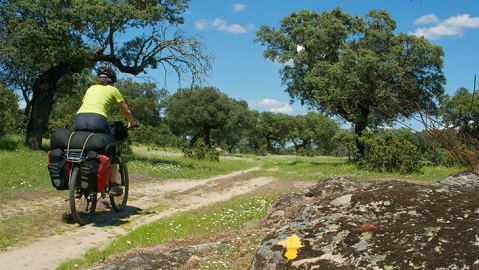International Conference Highlights the Transformative Potential of Nature-Based Solutions in Cities
Aiming to advance the implementation of Nature-Based Solutions (NBS) in urban settings and to integrate ecological, technical, and social disciplines, more than 50 experts from across Europe and beyond gathered for the international online conference “Bringing Forward Nature-Based Solutions in Major Cities.” This event marked the closing of the EU-funded NICHES project, which includes a research team from ICTA-UAB.

Held on 24 March 2025 and supported by the European Union, the conference provided a dynamic platform for scientists, policymakers, urban planners, and community leaders to explore how NBS can help reshape cities into more resilient, biodiverse, and livable environments.
The event featured a range of presentations and discussions on the ecological, hydrological, socio-economic, and governance dimensions of NBS. Speakers shared diverse approaches—from case studies in Rotterdam and Barcelona to theoretical frameworks and practical decision-making tools—highlighting both the challenges and opportunities of scaling up NBS implementation.
Three researchers from ICTA-UAB addressed key aspects of NBS: Giulia Benati examined the socio-economic values of NBS in communities; Johannes Langemeyer presented a decision-support tool for water management, focusing on vulnerability mapping and NBS feasibility; and David Alejandro Camacho Caballero proposed approaches for transforming urban water management. In addition, Kati Vierikko (SYKE) and Niki Frantzeskaki (Utrecht University) emphasized the importance of biodiversity-friendly water practices and the need for inclusive governance frameworks to foster long-term urban sustainability.
Participants agreed that while NBS can address challenges such as stormwater, heatwaves, and biodiversity loss, there is no one-size-fits-all solution. Integration with traditional infrastructure, local adaptation, and early stakeholder involvement were repeatedly highlighted as essential. The discussions also underscored the importance of visibility, public trust, and effective communication—particularly concerning the mental health and well-being benefits of NBS.
Panelists from academia, NGOs, and local governments shared a common message: cities must embrace creativity, collaboration, and systems thinking. From underutilized spaces like harbors and cemeteries to the use of smart planning tools and spatial data, urban areas offer more greening potential than is often recognized. What is needed now is stronger governance, clearer policies, and inclusive processes that unite diverse actors around shared goals.
The conference concluded with a strong call to action: to protect remaining natural spaces, plan wisely, and co-create nature-based urban futures that benefit both people and the environment.